Bringing modern books to the classroom (Editorial)
Libraries keep the shelves up to date with new books, so why can’t English classes do the same?
English teachers and book lovers try to make the case for why everyone should read the classics, but older books are losing their place in the classroom. The classics have been used for years, but it may be time to replace them with newer novels.
Jamie Leigh’s article, “10 Reasons You Should be Reading the Classics“, mentions that “disadvantaged students connected best with the tales of hardship, loss, and the tyranny of fate found so often in classic novels.” While themes focusing on loss and hardship can be found in the classics, students may be able to relate better to modern-day dystopian novels.
Jennifer Worick, a contributor to Today news website, makes the case for more recently published books. Worick wrote, “Since the millennium, a lot of good books have been published by masterful authors, all of whom are deserving of a spot on a high school or college curriculum.” A few novels Worick suggests be added to high school classes include Life of Pi by Yann Martel and The Amazing Adventures of Kavalier & Clay by Michael Chabon.
One book Worick suggested, Jonathan Safran Foer’s Extremely Loud and Incredibly Close, follows the life of a young child who lost his father on 9-11. Students would be more interested to read about stories featuring a tragedy they know about, rather than an event that happened so long ago that they have no way to fathom it’s effects. An example of this would be A Separate Peace by John Knowles. Students can’t understand the character’s fear of being drafted into war, as that’s no longer a concern for high school students.
Author S. Hunter Nisbet also noticed certain books are becoming outdated. In one particular book that commented on a transgender character, he found that “though this was probably a perfectly fine joke in the yonder year of 2006, transgender rights and queer rights as a whole had come far since then, and this gag was no longer humorous or in good taste.”
Nisbet also stated that “the world has changed; ten short years means this is no longer an acceptable line of joke for today’s audiences.” Language also progresses and evolves with books. Certain language can no longer be used in new books, but still appears in the classics.
“The march of time brings new ideas and leaves us feeling rather embarrassed about the old ones,” Nisbet stated. The simple solution to this would be to stop reading the books with old ideas.
It could be argued that the expense of buying a new set of books for the classroom would be too much for the schools to pay. However, only one set of a specific novel would need to be bought to be used in all classrooms. Schools also wouldn’t need to replace all books in classrooms. English classes can find a balance between how many modern books and how many classics the students must read.
Disclaimer: Articles designated as “Editorial” represent the views and opinions of the author, not the 2016-2017 Periscope staff, CHS Administration, or the CHS student body.
Want to help the Herd? Please consider supporting the Periscope program. Your donation will support the student journalists of CHS and allow us to purchase equipment, send students to workshops/camps, and cover our annual website hosting costs.

Kenny Brenizer is a junior and the perspectives editor for the 2016-2017 Periscope staff. She does no sports. She has no hobbies. She just wants cats and...




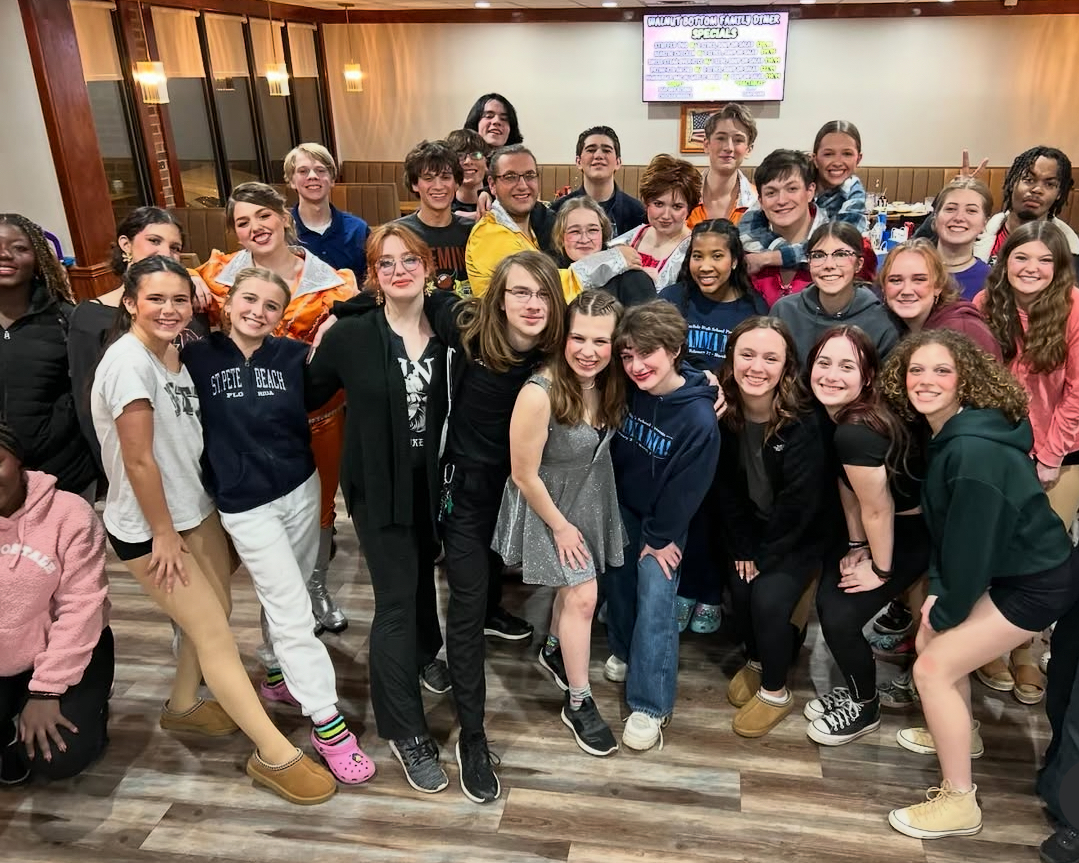


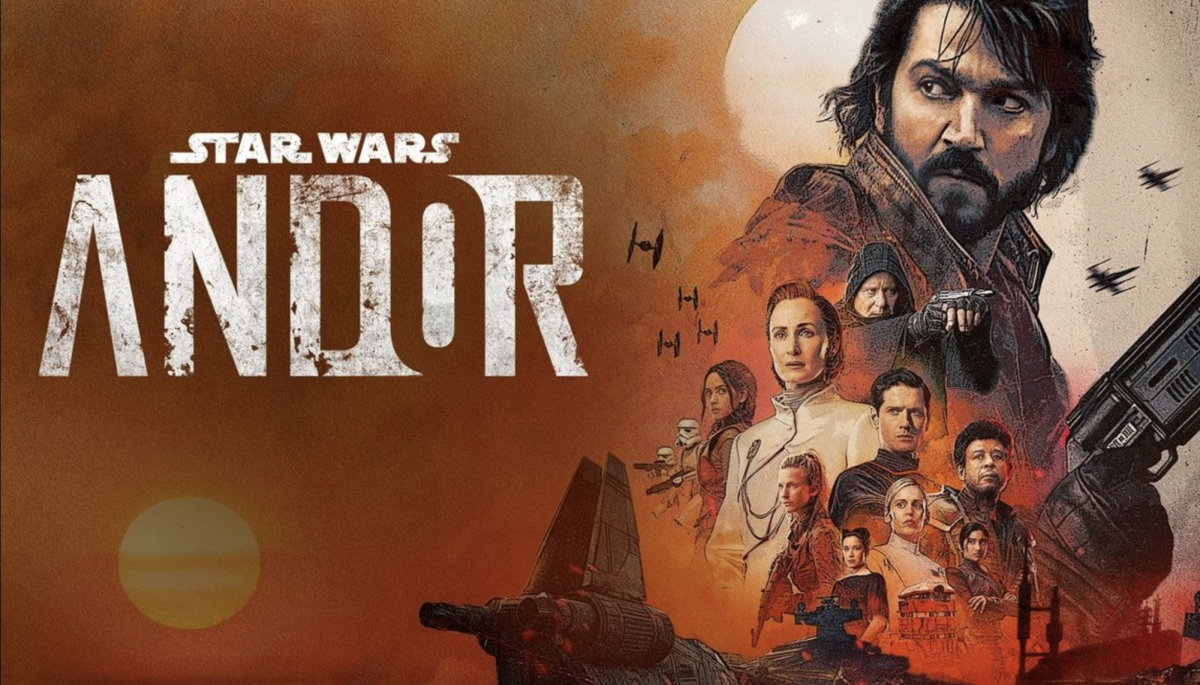














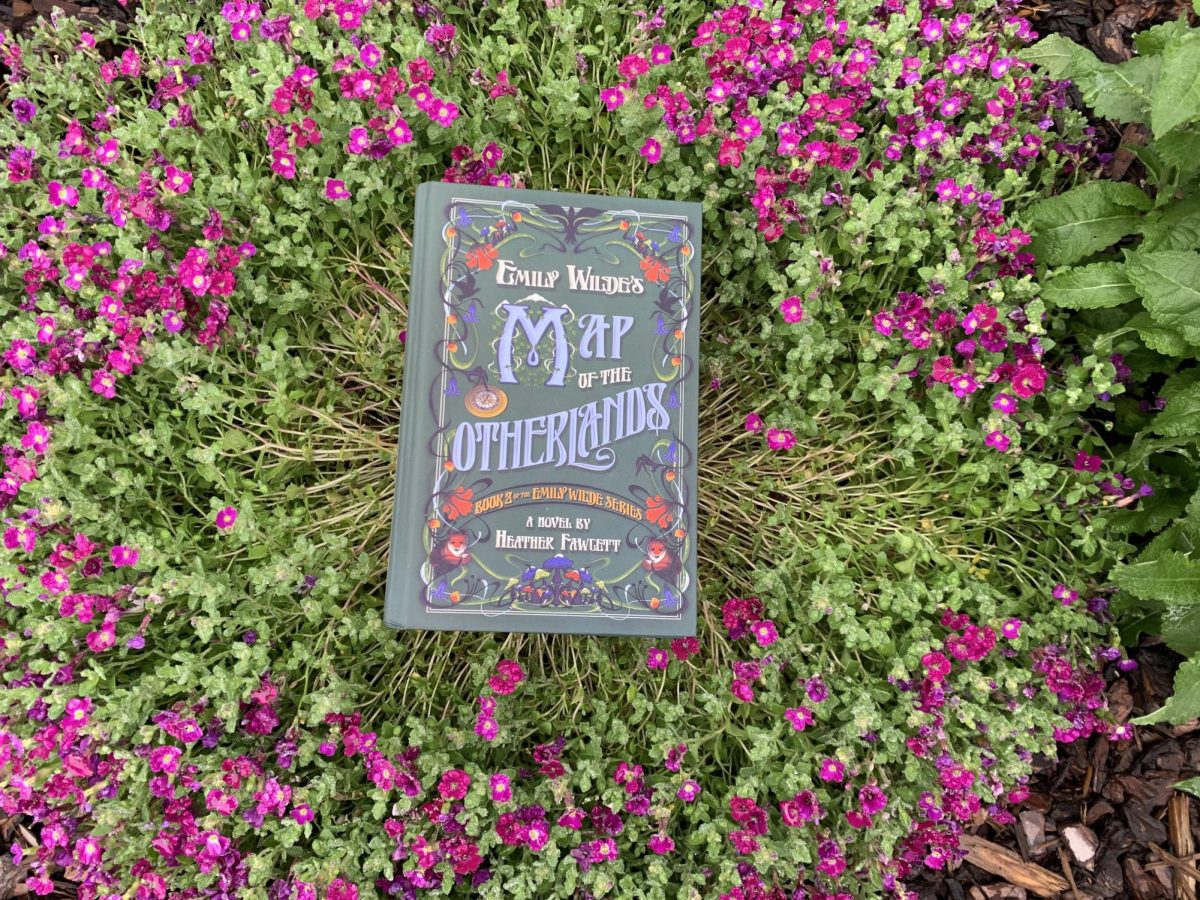






































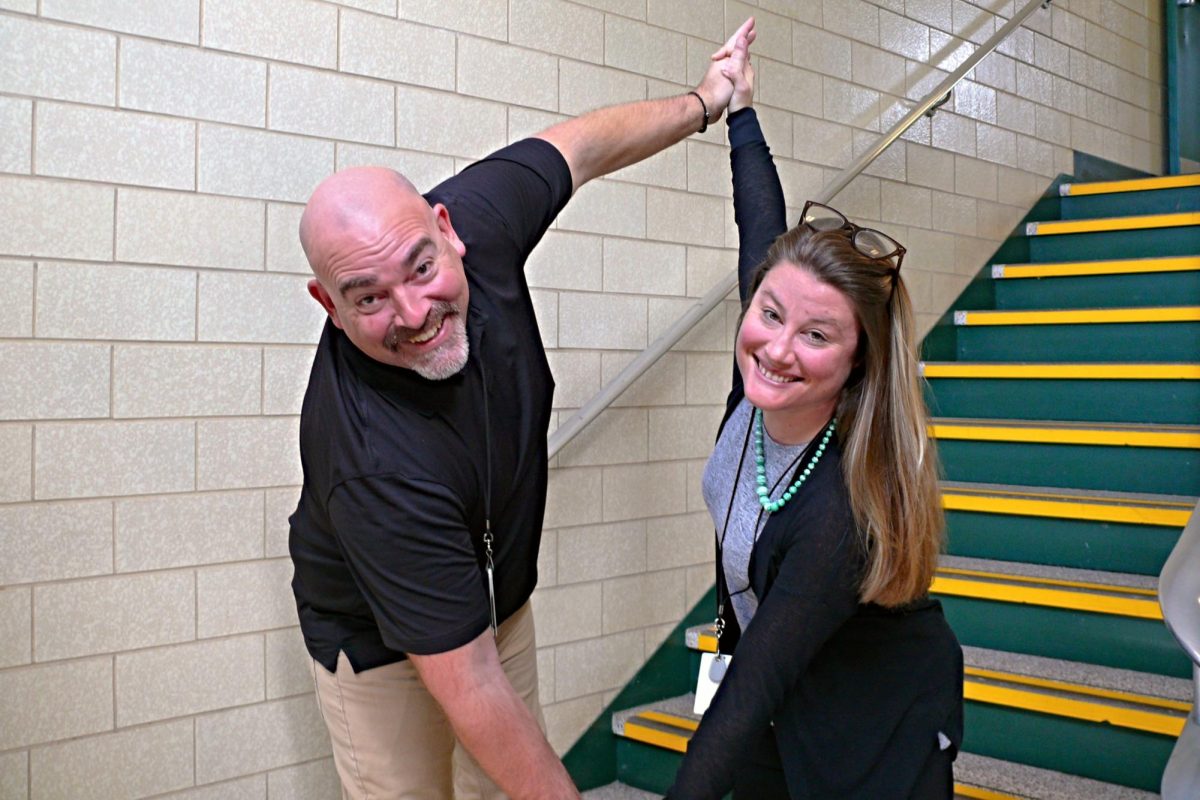

































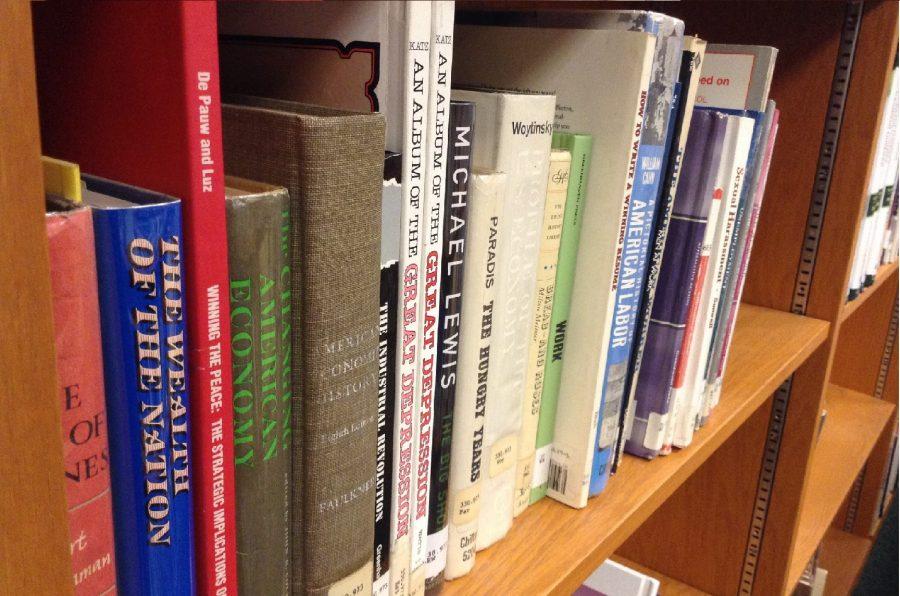
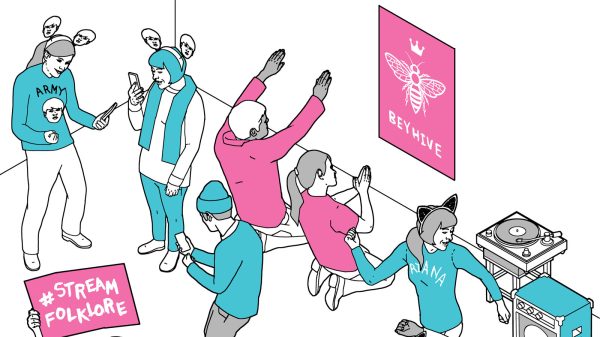
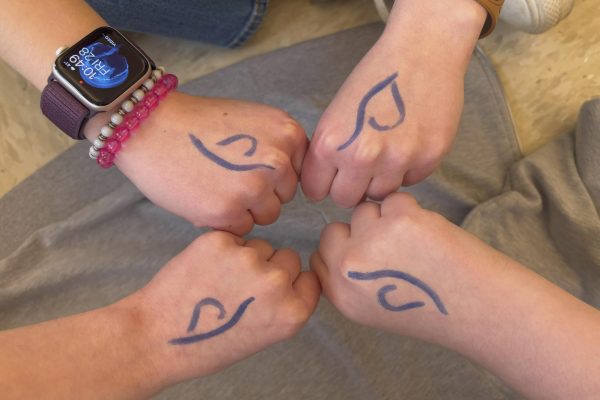

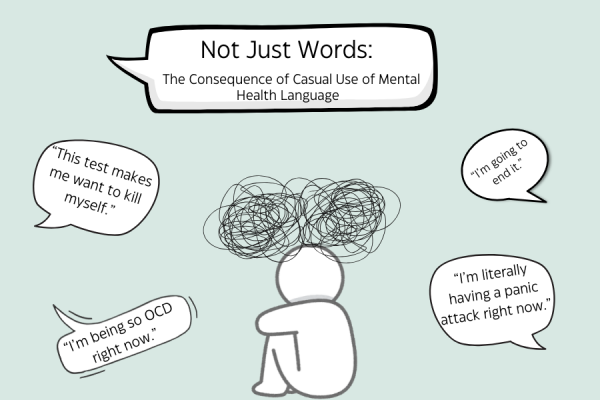
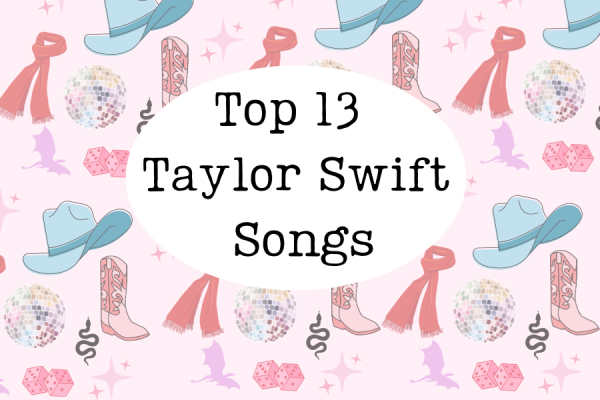
Gretal Shank • Dec 8, 2017 at 11:35 pm
I am a book lover and I agree with you! There are so many great books that are modern , and they teach us a lot. I, personally, have learned far greater lessons from modern literature than from the classics. This has a lot to do with the classics being kind of boring to me. They do not captivate me like many modern books do. An interesting book is not a bad book! Some people love the classics. That is great! But others would do so much better by also reading contemporary literature.